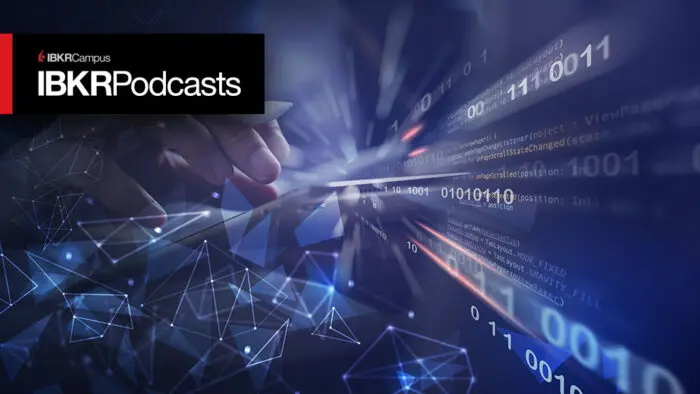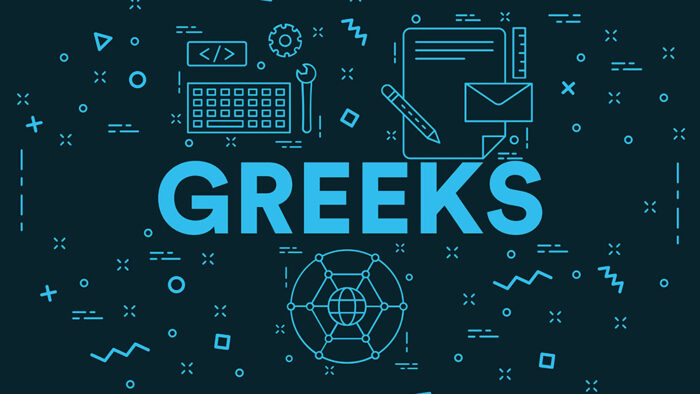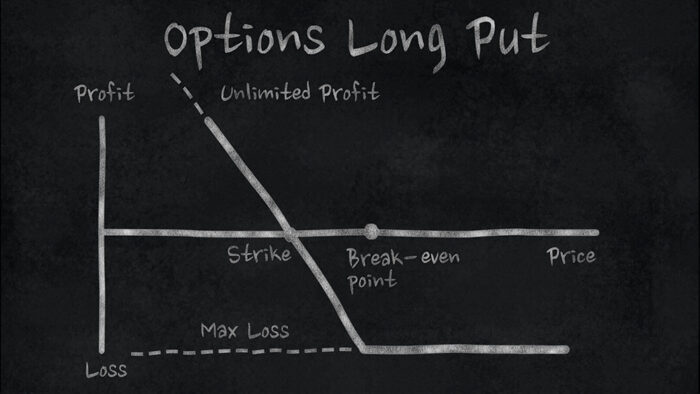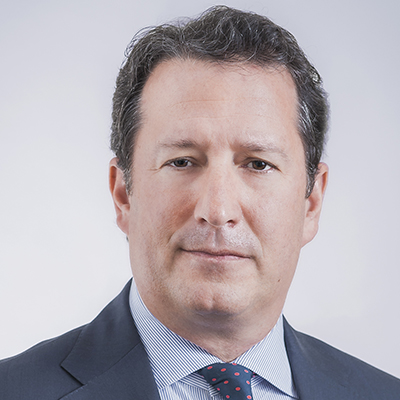The mood on Wall Street is so dour that it’s hard to find anyone who feels good about owning stocks, much less buying them.
Sentiment is so sharply negative that even contrarians—investors who try to make money by doing the opposite of the market mob—are nowhere to be seen. Instead, many investors are selling stocks—or hedging in the options market in anticipation of even lower prices.
The mass of investors has finally understood that the Federal Reserve will raise interest rates as aggressively as needed to battle inflation, even if it means the stock market will suffer.
Amid the gloom, one trade looms so unusually pessimistic that it is hard to process because the world would likely need to end, or come close to it, for it to prove profitable. The trade is predicated on the Cboe Volatility Index, or VIX, hitting 150 by March, a level that has never before been realized. The so-called fear gauge was recently around 34.
In recent sessions, an investor bought 50,000 VIX March $150 call options, paying about 19 cents per contract. The trade is so large, and so unusual, that it was almost certainly made by a wealthy investor worried about a massive stock market decline, perhaps triggered by Armageddon, or something approaching it. Since then, other investors have bought similarly situated upside VIX calls, including more than 5,500 January $120 calls.
Larry McMillan of McMillan Analysis, an independent strategy firm, notes that the VIX has never reached 150, though Cboe determined it would have traded above 150 during the 1987 crash. (It was created in 1993.) During the financial crisis, the VIX hit a closing peak of 80.86 in November 2008. The Covid-19 pandemic saw it close as high as 82.69 in March 2020.
Buying VIX calls with strike prices that are so far above the index’s current level could conceivably prove profitable even if the world didn’t end, if there were a dramatic increase in volatility triggered by a stock-market collapse. If the VIX hit 90—say, because Russia’s invasion of Ukraine sparks another world war—VIX $150 calls might even double in value, or more.
“Another possible extreme tail event would be nuclear war,” McMillan wrote in a note to clients. “I can’t think of much of anything else. In the case of nuclear war, though, the markets might not even be open, and this trader might not even be able to cash in on his ‘bet’ if he survived.”
Exchanges and banks have elaborate backup plans that are designed to insure trading can continue in various scenarios. The 9/11 terrorist attacks sparked widespread efforts to decentralize operations, but the specter of nuclear war is something that exists in an extreme realm.
Yet there are fears that Russia could use tactical nuclear weapons to regain mastery of Ukraine. Russia recently launched a coordinated missile attack across Ukraine that has reinvigorated concerns that Vladimir Putin, seemingly backed into a strategic corner, would use nuclear weapons to save himself and Russia from humiliation at the hands of a much smaller country.
Michael Schwartz, Oppenheimer’s chief options strategist, fears that the world is on the brink of another Cuban missile crisis. In October 1962, Russia installed ballistic missiles in Cuba, which almost triggered a nuclear war between the U.S. and Russia.
“Let’s hope the diplomatic hotline between Washington and Russia still works,” Schwartz said, “because the world would basically need to end for the VIX $150 calls to pay off.”
—
Originally of October 13, 2022 – Someone Is Betting That the Market Will Collapse
Steven M. Sears is the president and chief operating officer of Options Solutions, a specialized asset-management firm. Neither he nor the firm has a position in the options or underlying securities mentioned in this column.
Disclosure: Interactive Brokers
Information posted on IBKR Campus that is provided by third-parties does NOT constitute a recommendation that you should contract for the services of that third party. Third-party participants who contribute to IBKR Campus are independent of Interactive Brokers and Interactive Brokers does not make any representations or warranties concerning the services offered, their past or future performance, or the accuracy of the information provided by the third party. Past performance is no guarantee of future results.
This material is from Barron's and is being posted with its permission. The views expressed in this material are solely those of the author and/or Barron's and Interactive Brokers is not endorsing or recommending any investment or trading discussed in the material. This material is not and should not be construed as an offer to buy or sell any security. It should not be construed as research or investment advice or a recommendation to buy, sell or hold any security or commodity. This material does not and is not intended to take into account the particular financial conditions, investment objectives or requirements of individual customers. Before acting on this material, you should consider whether it is suitable for your particular circumstances and, as necessary, seek professional advice.
Disclosure: Options Trading
Options involve risk and are not suitable for all investors. Multiple leg strategies, including spreads, will incur multiple commission charges. For more information read the "Characteristics and Risks of Standardized Options" also known as the options disclosure document (ODD) or visit ibkr.com/occ
Disclosure: Futures Trading
Futures are not suitable for all investors. The amount you may lose may be greater than your initial investment. Before trading futures, please read the CFTC Risk Disclosure. A copy and additional information are available at ibkr.com.





















